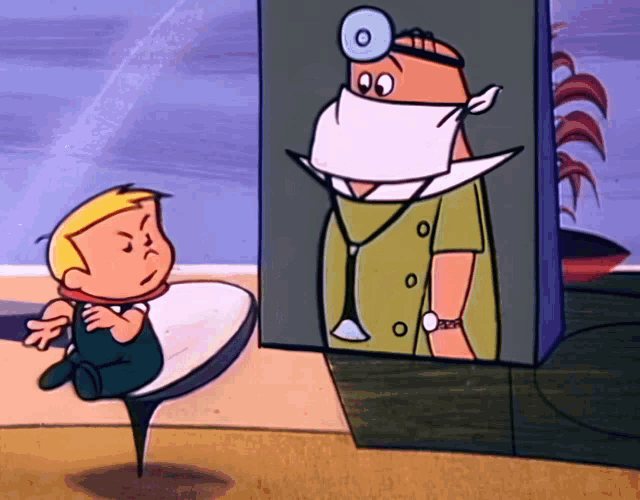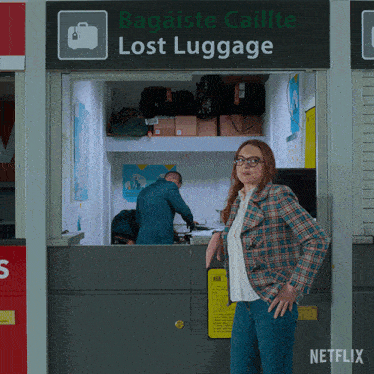Health Insurance 2026: What’s Next

Big shifts are coming to health insurance in 2026. Think smarter tech, custom plans, and better mental health care.
UnitedHealthcare, Oscar Health, and Kaiser Permanente are already adapting. Let’s break it down.
1. Telemedicine Takes Over

Telemedicine boomed during COVID-19. Now it’s part of most insurance plans.
Cigna covers virtual visits through MDLIVE. By 2026, expect full integration of tools like Fitbit or Apple Watch. These devices track heart rate, glucose, and more. Insurers will use this data to cut costs and improve care. That means fewer hospital visits and lower premiums. Digital health use jumped 38% in 2023, says McKinsey
2. Personalized Plans For You

Insurers will use AI and data to build personalized plans. Generic coverage is fading. Humana already tests predictive models. Healthy habits may lower your premium. Chronic issues will trigger more targeted support. Statista reports 70% of Americans want control over costs. 2026 plans aim to deliver that.
3. Mental Health Gets a Spotlight

Mental health will get real insurance backing. Coverage will include therapy, counseling and mental wellness apps. Talkspace and BetterHelp lead this trend. Laws like the Mental Health Parity Act require equal mental health benefits. More people will get help without going broke. That’s a major win.
4. Health Insurance Subscriptions?

Healthcare will fell more like Netflix. Startups like Antidote Health now offer monthly packages. These plans include virtual care and wellness support for one flat fee. Gig workers and freelancers love the facility. Younger users are driving demand, says, Forbes. These models are cheaper and simpler.
5. Transparency Takes the Lead

Surprise bills are going away. New rules demand clear pricing from insurers. AI tools will help users compare costs fast. GoodRx already helps with prescription prices. In 2026, you’ll shop for healthcare like you shop online – fast, simple and transparent.
6. Employer Plans Get a Makeover
The 9-to-5 model is shifting. So are benefits. Expect flexible employer health perks in 2026. Think HSAs, HRAs, or pick-your-own-plan setups. Platforms like Nava Benefits help small businesses compete with big firms. These changes help freelancers and remote workers get quality coverage too.
7. AI Speeds Up Everything
Claims processing? Chatbots got it. AI tools will handle questions, file claims, and track approvals. Lemonade Health and Olive AI are already on it. Fewer errors. Faster results. That means less hassle for you—and more savings for insurers. Everyone wins.
8. More Government Involvement
The Bottom Line: Smarter, Cheaper, Healthier

Health insurance in 2026 will be more digital, more personal, and more affordable. Whether it’s AI tools, flexible subscriptions, or mental health support—there’s a lot to look forward to. Health Affairs predicts more equitable care across the board. And that’s something worth celebrating.
Want help choosing a plan or comparing options? Start with Healthcare.gov. It’s free, easy, and reliable.

5 Gardening Hacks for Lazy People That Actually Work











